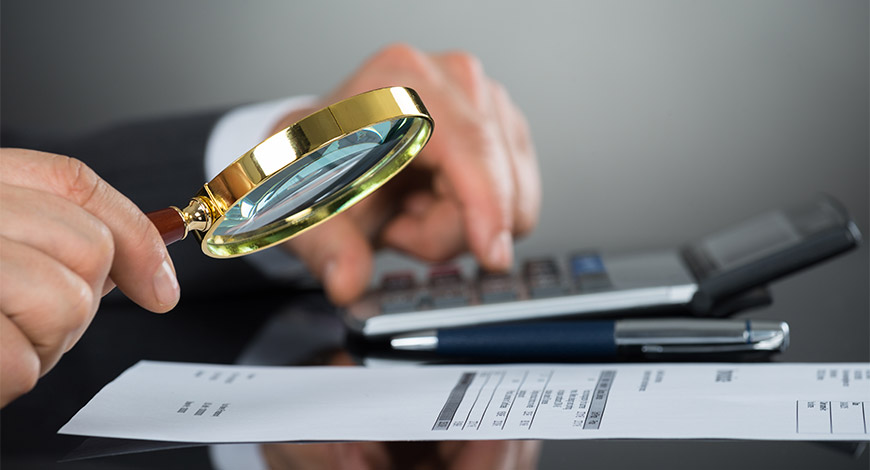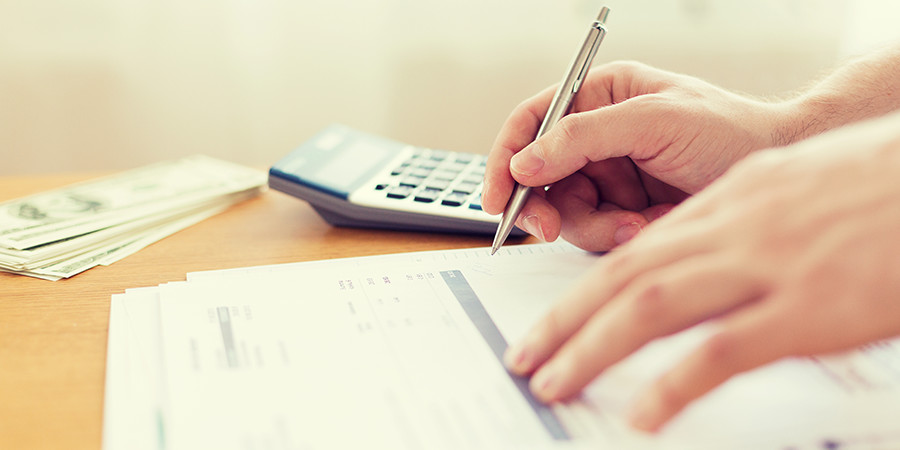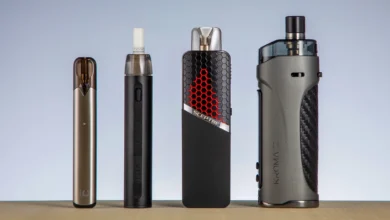How to Recover Financially from Drug or Alcohol Addiction

Substance abuse exacts a $442 billion toll on society every year, according to the Surgeon General’s Report on Alcohol, Drugs and Health. (That is the total cost to society in terms of healthcare, lost productivity, and criminal justice.)
On an individual level, too, the financial impact of a drug or alcohol addiction can be devastating. As anyone who has ever struggled with the disease can attest, the purchasing and acquiring of drugs or alcohol—as well as the job and health consequences of compulsively using them—can soon drain a bank account.
The good news is that recovery from addiction and its financial consequences is possible. (Explore how at FHE Health.) I’ve seen it happen firsthand and have had the privilege of helping many people in rehab rebuild their lives after addiction, starting with their finances. Based on this experience, what follow are some tips and insights for how to recover financially from addiction.
Common Ways That Addiction Impacts Finances
The inability to maintain a job and, in turn, the loss of income is one of the most common ways that addiction impacts finances. From there the financial issues quickly crop up and can become major problems: a missed mortgage or rent, missed car payment, bankruptcy, and so on.
Not surprisingly, then, many people in rehab and early recovery have debt and financial issues that can be overwhelming just to think about, let alone manage. This stress can trigger a relapse, which is why those healthy coping skills and resources that patients receive in rehab are critically important.
Tips for Coping with and Addressing Financial Debt in Early Recovery
How, then, does one cope with and address financial debt in early recovery? The following tips may come in handy for the transition from rehab to the real world:
1. Make your sobriety the number-one priority when looking for a job.

During the transition back into the workforce, it may take time to find a job that will also be best for one’s recovery journey. Try to be patient and hold out for the right work situation to materialize.
Some key considerations when looking for a job in early recovery: the environment, the location and the daily stress level involved. It’s also very important to avoid people, places, and activities not conducive to long-term sobriety and recovery.
Finally, a sober lifestyle requires the maintenance of a healthy, work-life balance. Individual commitment is key here, but it is not enough on its own to sustain a healthy balance. A job that supports this commitment is imperative.
2. Get emotional support from someone you trust when tackling debt.
Because coming to terms with debt can be so stressful and anxiety-producing and can precipitate a relapse, don’t go it alone. When it’s time to sit down and look at the numbers and at what you owe, find a trusted person who can talk over the situation with you and accompany you through the process.
This person may not be able to solve the problem, but their support can reduce the stressfulness of the situation and make the problem seem easier to tackle. Never be afraid to reach out and ask for help if you feel overwhelmed.
3. Set short-and-long-term goals.

Financial planning may come easier to some people more than others but can be a helpful guide for people in early recovery. After someone identifies and writes down these goals, they can then refer to them later for direction. Having these goals in place makes it easier to stay on top of debt, maintain a budget that reflects life priorities, and eventually start saving or investing.
Here are some of the short-term goals that I encourage patients to make:
- Acknowledge your debt and write it down
- Prioritize your debt (Deciding on which debts to pay off first, such as collections or high-interest debt)
- Create a budget
- Identify spending habits
- Set up an emergency fund
In terms of long -term goals, these are some examples:
- Work on credit score
- Pay down credit cards
- Pay off student loans
- Save up for a home purchase
Setting financial goals can help a person feel more empowered about what they can do to move forward. When they know there are concrete actions that they can take, even crippling debt becomes less scary and overwhelming and more manageable.
4. Make a budget and track spending using an online app.
Two free online apps that can help people budget are PocketGuard and Mint. PocketGuard helps with simple budgeting, by tracking expenses and monitoring bills. Mint also enables better budgeting and provides credit monitoring.
5. Follow a structured payment plan.

One tool that I highly recommend for people in recovery and their loved ones is True Link. True Link is a prepaid Visa card that is reloadable. Walking around with a wad of cash can be a relapse trigger. The prepaid card allows you to purchase daily essentials like groceries and gas and works only when and where you need it to.
How Long Does It Take to Fully Recover Financially from Addiction?
People sometimes wonder how long it takes to make a full financial recovery from addiction. I tell them every client’s timeline is unique. It varies based on a person’s financial means, their debt, and their motivation and commitment to move into a better place.
Fortunately, there are many resources and supports to help along the way, starting with a trusted rehab provider. They should be able to assist with the transition from treatment to the real world. In time, many people go on to a new job, home ownership and a full financial comeback.
The takeaway:
Never let addiction-related debt keep you from seeking the treatment you need and the free and happy life you can achieve.
———————————–
This article was provided by Jason Kaufman, RN, who is Director of Care Coordination for the national behavioral health provider FHE Health.




